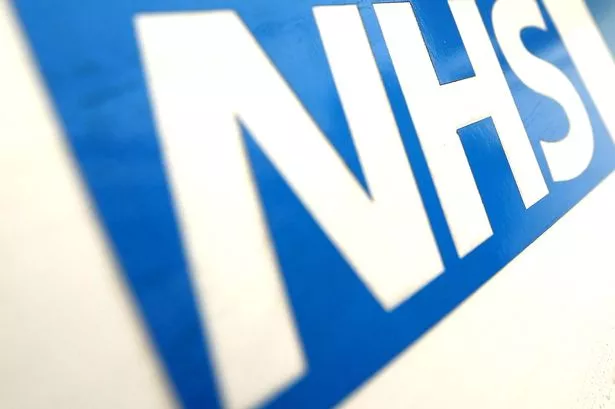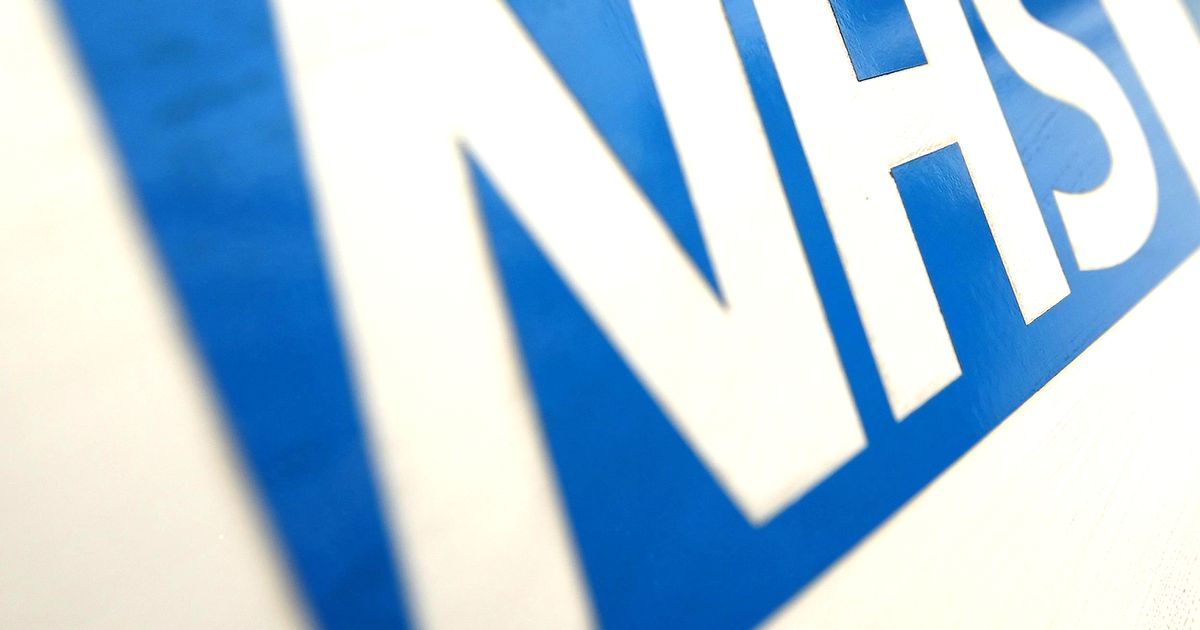You should seek immediate medical attention if you suspect a heart attack You should seek immediate medical attention if you suspect a heart attack(Image: Dominic Lipinski/PA Wire)
You should seek immediate medical attention if you suspect a heart attack(Image: Dominic Lipinski/PA Wire)
The NHS has warned people not to dismiss the early signs of a heart attack. A heart attack is a serious medical emergency in which the supply of blood to the heart is suddenly blocked, usually by a blood clot.
A heart attack is a medical emergency. You should call 999 and ask for an ambulance if you suspect a heart attack. A lack of blood to the heart may seriously damage the heart muscle and can be life threatening.
In a post uploaded to X, formerly known as Twitter, NHS says: “Don’t dismiss the early signs of a heart attack. A squeezing across the chest. A feeling of unease. It’s never too early to call 999 and describe your symptoms.
According to the NHS, Symptoms of a heart attack can include:
- Chest pain – a feeling of pressure, heaviness, tightness or squeezing across your chest
- Pain in other parts of the body – it can feel as if the pain is spreading from your chest to your arms (usually the left arm, but it can affect both arms), jaw, neck, back and tummy
- Feeling lightheaded or dizzy
- Feeling sick (nausea) or being sick (vomiting)
- An overwhelming feeling of anxiety (similar to a panic attack)
The health agency states on its website: “The chest pain is often severe, but some people may only experience minor pain, similar to indigestion.
“While the most common symptom is chest pain, symptoms can vary from person to person. Some people may have other symptoms such as shortness of breath, feeling or being sick and back or jaw pain without any chest pain.”
Coronary heart disease (CHD) is the leading cause of heart attacks. CHD is a condition in which the major blood vessels (coronary arteries) that supply the heart muscle become clogged by a build-up of deposits of fatty substances, known as plaques.
Before a heart attack, 1 of the plaques bursts (ruptures), causing a blood clot to develop at the site of the rupture. The NHS says: “the clot may block the supply of blood to the heart, triggering a heart attack.”
Complications of a heart attack can be serious and possibly life threatening.
These include:
- arrhythmias – these are abnormal heartbeats. Some types can stop the heart beating
- cardiogenic shock – where the heart’s muscles are severely damaged and can no longer contract properly to supply enough blood to maintain many body functions
- heart rupture – where the heart’s muscles, walls or valves split apart (rupture)
